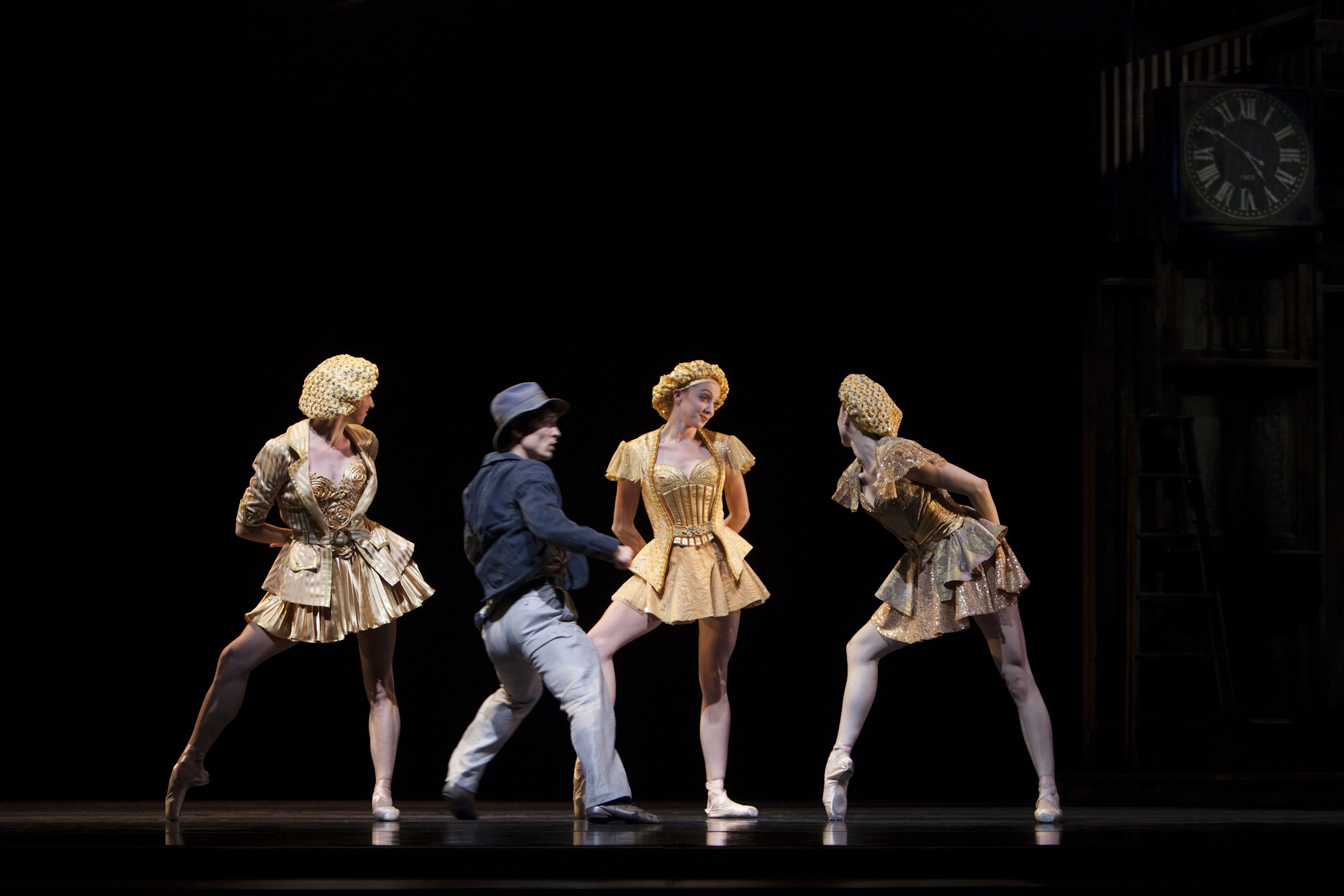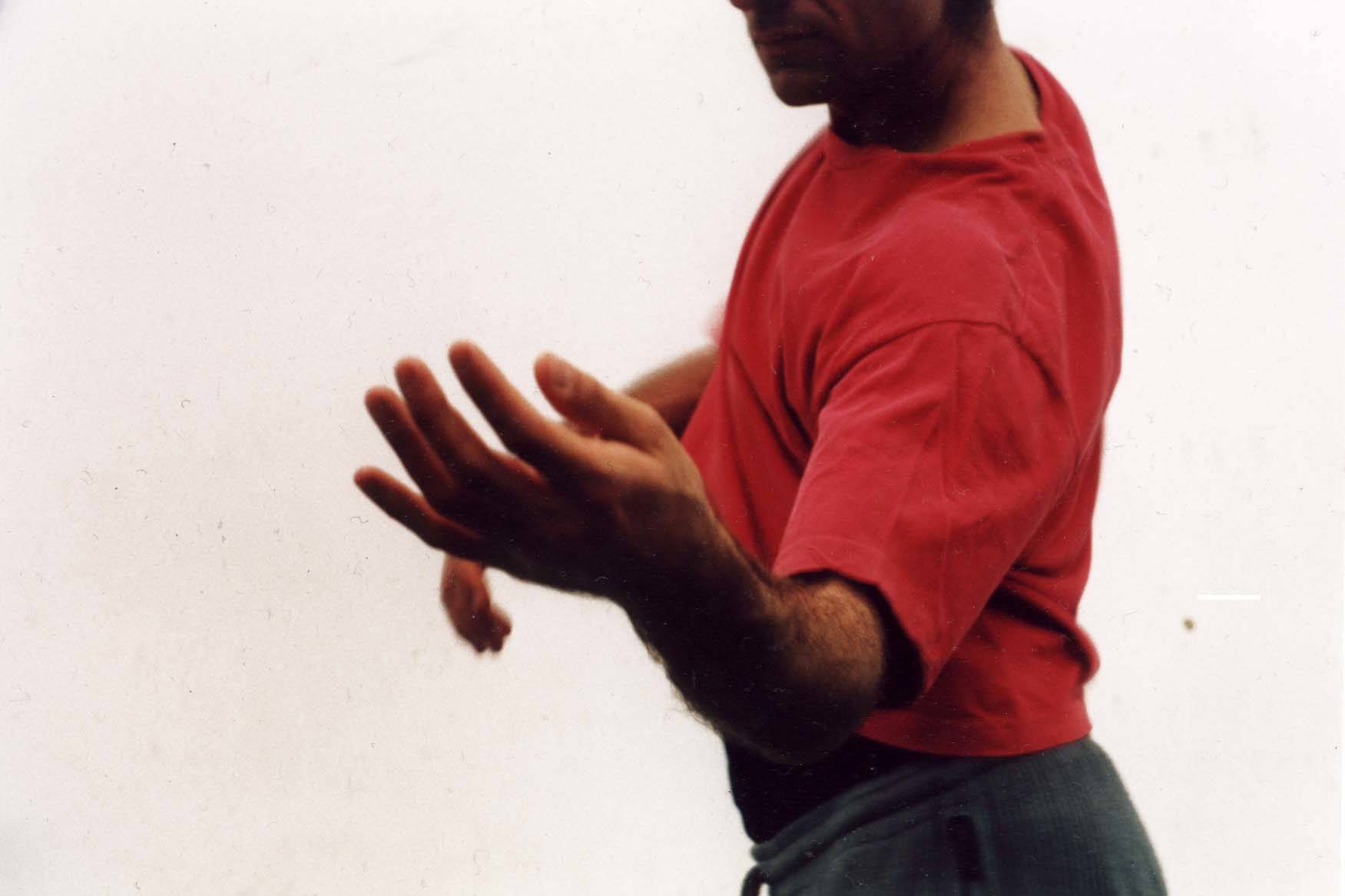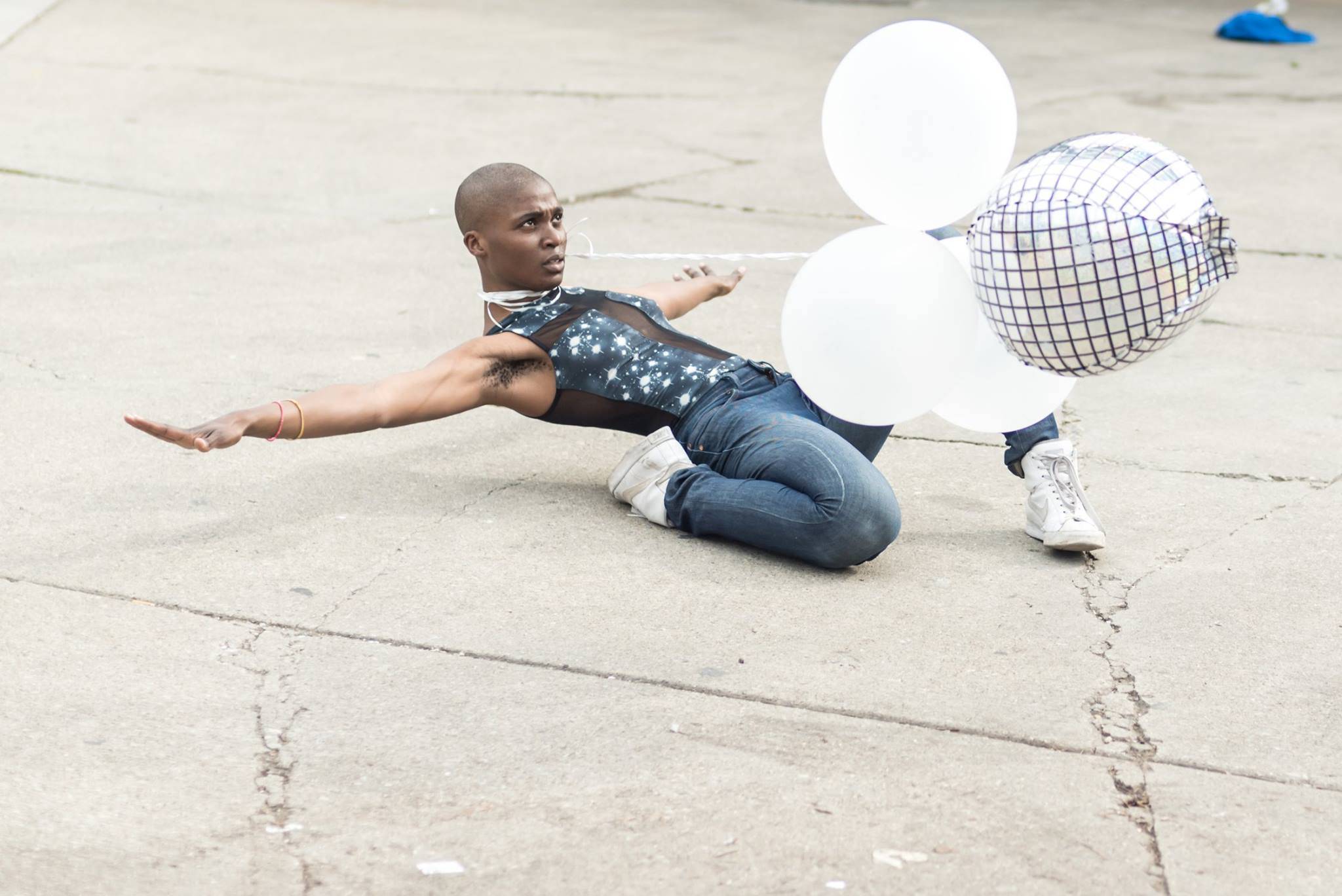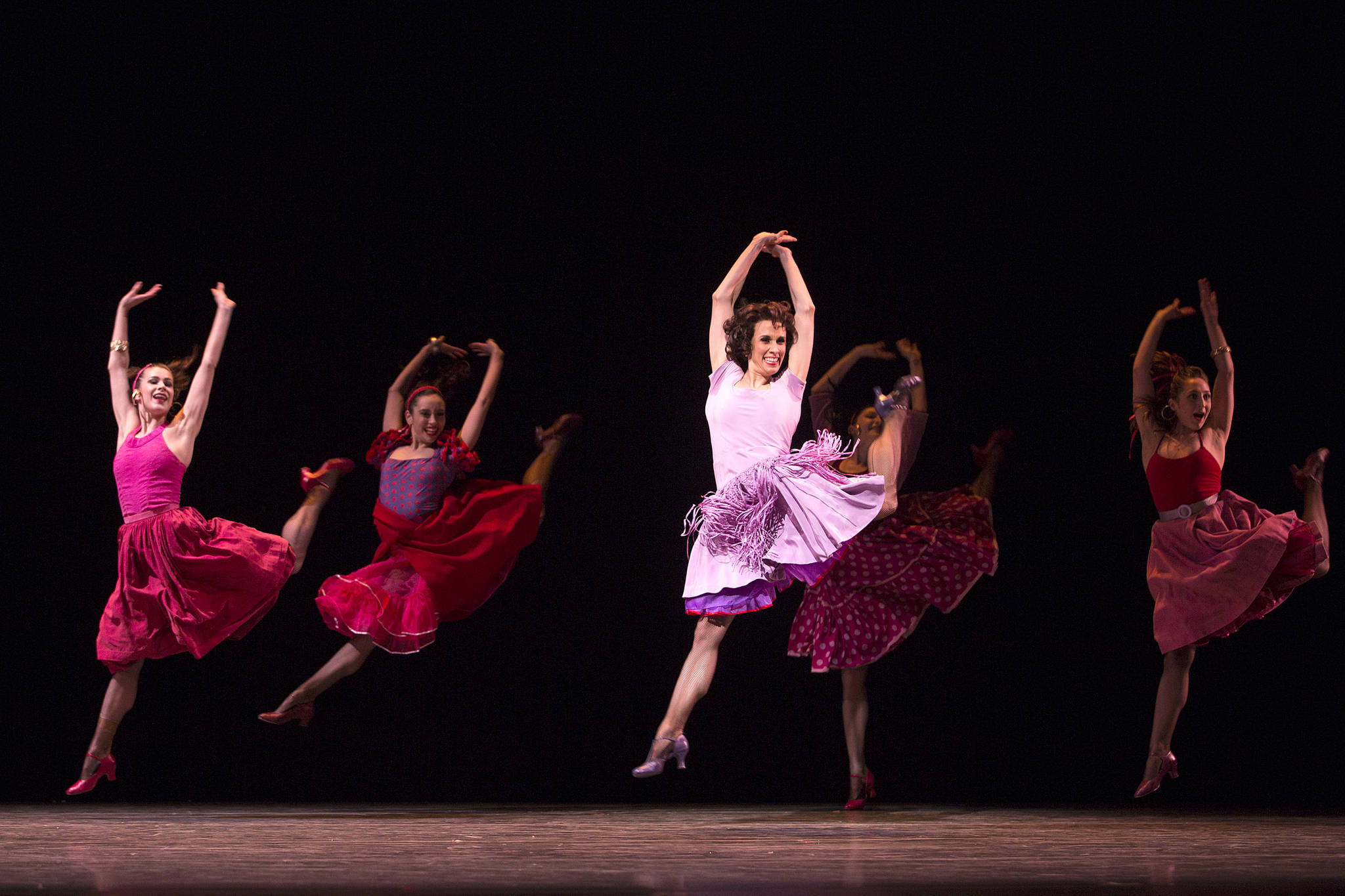Air Twyla
McCaw Hall, 321 Mercer St. (Seattle Center), 441-2424, pnb.org. $28–$174. 7:30 p.m. Thurs.–Sat., 1 p.m. Sun. Ends Oct. 6.
Twyla Tharp has been making dances since 1965, and for all that time she’s used just about every element she could find. Her work is both intensely intellectual and deceptively casual, physically grueling and kinetically relaxed. Tharp’s trademark is this combination of genres—of movement, music, theater, and literature. Which means that her newest work, made for Pacific Northwest Ballet, mixes classical vocabulary with the Lindy Hop, Greek mythology with American stereotypes.
Waiting at the Station is a narrative work, but far from a traditional story ballet. We follow a solitary man as he tries to connect with his son. Yet he’s distracted by the people around him, couples flirting and squabbling, and pursued by a trio of women who may turn out to be the Fates. He’s more frustrated than anything: His son doesn’t pick up the steps he wants to teach, and he’s constantly trying to dodge the fatal trio. It’s only after he seems to die and come back to life that he puts everything right, defusing the quarreling couples and launching his son to follow in his jazzy footsteps. Only then he can catch the train he’s been waiting for, bound for the next world or the next town.
Santo Loquasto’s designs locate this work in the 1930s, and the score by renowned R&B master Allen Toussaint zeroes in on New Orleans. Tharp has always had a special affinity for jazz, and it’s been a key element in developing her signature style. The seemingly easy virtuosity that lies on top of some fiendishly difficult movement is a perfect match for Toussaint’s rhythmic play. (His appearances during the first week of the program were also an incredible bonus.)
As the father, James Moore has one of his best roles, bringing his technical skills to the service of the character. Price Suddarth plays his son, tricking us into thinking he can’t dance as well as the father, which makes his triumph extra-sweet. Carrie Imler and Laura Tisserand are the fractious women, partnered with Kiyon Gaines and Jonathan Porretta—all four of them totally immersed in every bump and shimmy.
Waiting is flanked by two prior Tharp works. Brief Fling (1990), new to PNB, makes more distinction between balletic and modern virtuosity. It’s a great showcase for the company’s range, especially the contrast between Kaori Nakamura and Leta Biasucci in different roles. Nakamura’s rock-solid classical technique makes everything look simple, while Biasucci is the tricky ringleader of a group of boisterous hooligans. In the iconic 1982 Nine Sinatra Songs, all the couples are exactly matched with Tharp’s tone. Thirty years ago, her choice of music seemed ironic, but it’s obvious now she created a classic that complements the American songbook.
stage@seattleweekly.com








